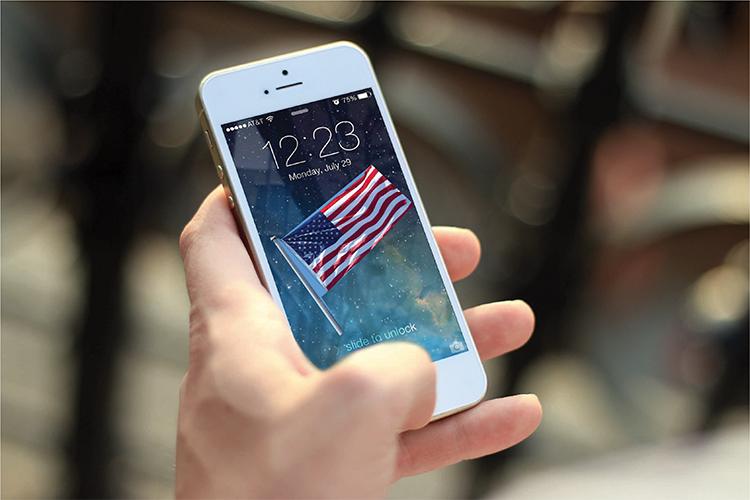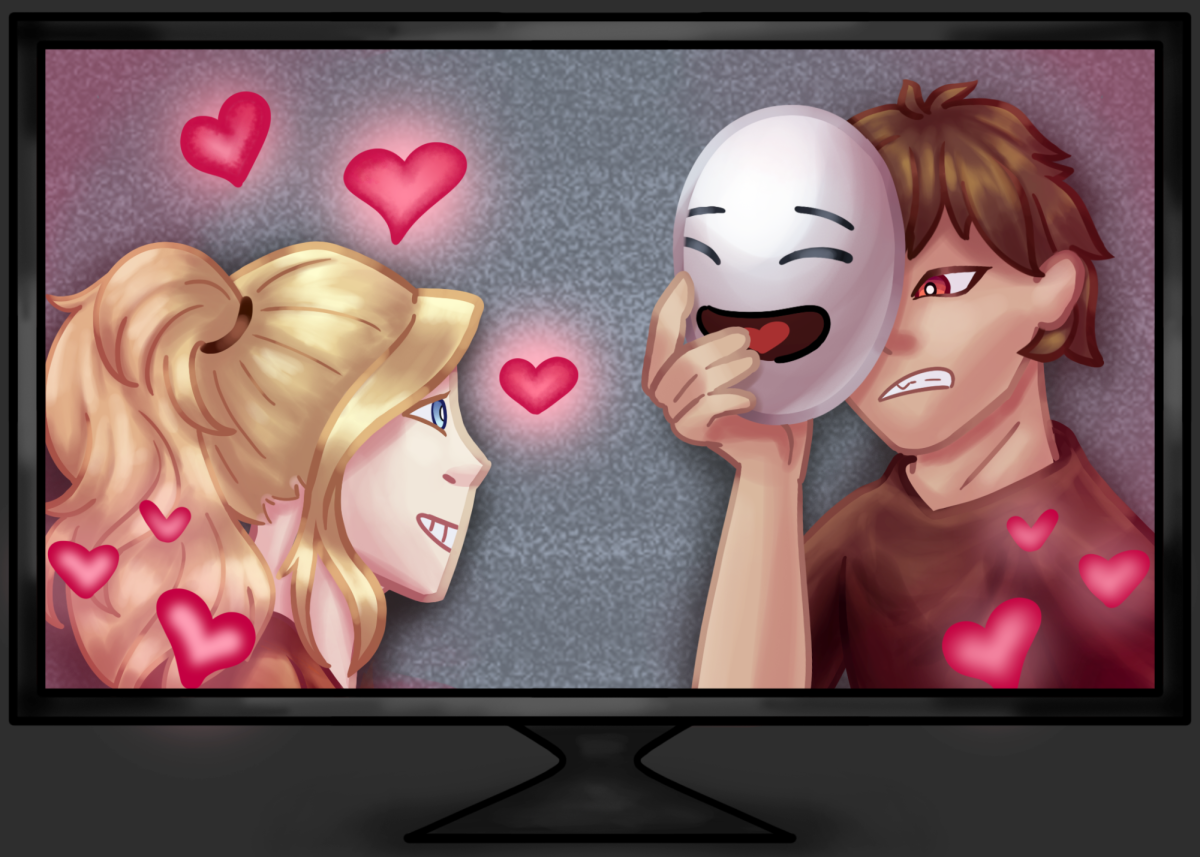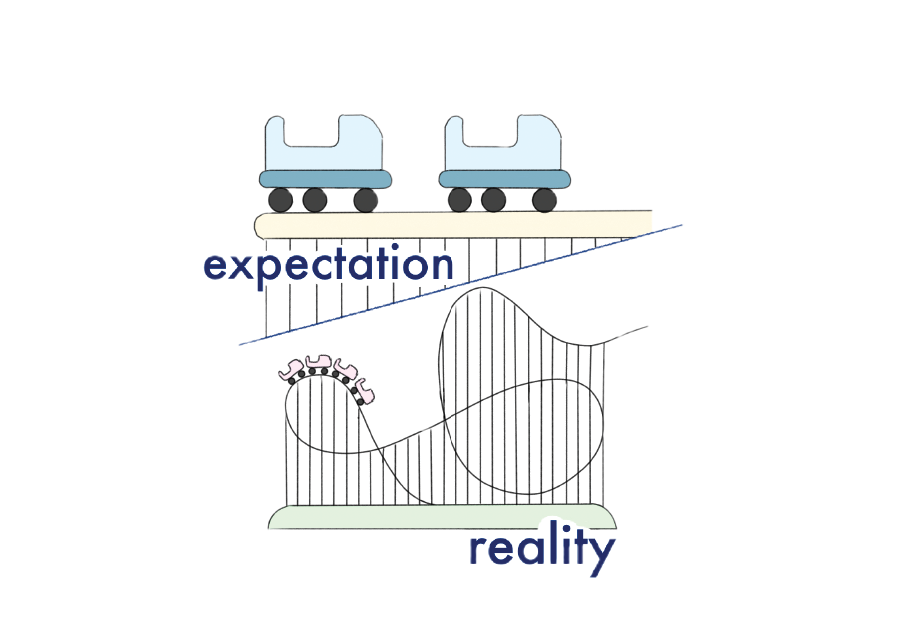Yes, Celebrities Should Get Involved
By Shreya Gunukula
The concept of fame is an enigma that captures millions of people around the world. Fixated on every movement of humans deemed celebrities by mainstream culture, “fans” are a force to be reckoned with in today’s day and age. People of all ages, genders, and backgrounds flock together to worship the stars of the entertainment and sports industries that grace our television screens. Every designer dress worn to events, facial expression made in a paparazzi snap and plus one invited to the red carpet is endlessly analyzed on social media and in person alike.
While this massive crowd of admirers gained by the rich and famous makes a fun numbers game when talking about the most followed person on Instagram (it’s Selena Gomez, by the way), it’s also important to recognize the powerful consequences of such a fan base.
Some celebrities try to maintain a private life; their relationships, secrets and political beliefs often fall into this category. With a new love interest fresh off the first date and their deepest and darkest family problems, it’s completely understandable to want to hide some things from the public. Social media and ravenous fans have been known to end their fair share of relationships and public breakups are no fun.
When it comes to political views, however, I am lost as to why a celebrity would not want to be vocal about their beliefs. When pressed by eager Hollywood interviewers, the famous will often pass off the diplomatic answer of “wanting to protect their brand” and “not wanting to share their stance in the election for personal reasons”.
To a certain extent, especially in the polarized 2016 election, it’s understandable that a celebrity would not want to share their beliefs in fear of getting attacked. However, a political opinion is not synonymous with party affiliation. A celebrity can voice their opinion on numerous things in a bipartisan way and drastically change the political climate.
We saw this in a huge way with Emma Watson when she publicized the HeForShe Campaign. Tons of professors and sociologists had defined feminism exactly as she had done when she gave her United Nations Speech. However, it was only after Hermione stood on the podium that the response reached unprecedented highs. No, she didn’t cast a spell, it’s just the magic of fame.
Even when celebrities voice their opinion and it causes a negative reaction, it still gets people talking. When the Internet revolted against PepsiCo’s recent commercial featuring Kendall Jenner, the reality star/model received a lot of backlash and hate comments for her role in the ad that implies all major protests could have been fixed with a simple can of Pepsi. However, in the bigger picture, both executives at Pepsi and Jenner were both educated on an important social issue, and fans were able to come together in a rare moment of unity against this ad.
Celebrities are human, which means that they have a right to their privacy. I have friends and family alike who dislike speaking about politics, but with great privilege comes great responsibility.
I’m not saying that celebrities should be forced into revealing their political stances, because, in truth, some of them don’t even know for themselves. I do believe, however, that these people with such huge platforms on the Internet should, at the very least, be encouraging their followers to get educated by reputable sources on political issues. With her 118 million Instagram followers, Selena Gomez could hold a rally 24 times as big as the Women’s March in January. If she encouraged her fans to make informed decisions concerning politics, we could live in a very different country with a very different administration. So, celebs, get your phones out and start tweeting.
No, Celebrities Should Not Get Involved
By Paige Halverson
After the disaster that was Kendall Jenner’s Pepsi ad earlier this month, many are questioning if celebrities should even be involved in politics and if they should just stick with their main talent that got them famous in the first place.
First of all, celebrities, although in the public eye for some reason or another, may not have intelligent or sensible viewpoints. Most celebrities are not famous for their IQ’s or a ground-breaking scientific discovery that changes the way we think about the world, but more usually that catchy song you that couldn’t get out of your head last summer.
Also, there are so many celebrities in today’s world, that you can become famous for almost anything. Would you believe the political advice of Danielle Bregoli, AKA the “cash me outside” girl, or Paris Hilton’s views on renewable energy?
Although some celebrities are definitely smarter than your average American citizen, such as Emma Watson, a Brown and Oxford University Alumna, and Mayim Bialek, who has a Ph.D. in neuroscience, all have the same authority in their opinions as you and me.
Celebrities are on a large platform, and their words can be heard all around the world. They can use this power to influence others, with just a click of a button or a post on Instagram. This wide range of influence can be sometimes dangerous if this celebrity has immoral or unethical viewpoints.
Being a celebrity, in most cases, comes with great wealth and a large fan base. Some celebrities are treated as god on earth, and it would be very easy for them to sway their fans’ political views one way or another. Many voters may even use their love for a celebrity as a justification for a political candidate’s vote. Using their popularity at the polls in unethical and ultimately does a disservice to the voters.
Many celebrities are born into fame, with their mothers or fathers being successful for many years before their birth. Some famous teens might not know what political views or stand points are truly important for the world today, and should do their research before endorsing a political member of a party they know little about.
Trying not to stereotype a celebrity, fame often comes hand in hand with wealth, and they might not know the problems and the hardships that an American in the lower parts of society face from day to day. It may be harder for them to relate to the average, American society of today.
Commentaries are the expressed opinion of the author and do not necessarily reflect that of The Fourcast staff, its adviser or any member of the Hockaday community.
– Shreya Gunukula – Views Editor –
– Paige Halverson – Castoff Editor –








